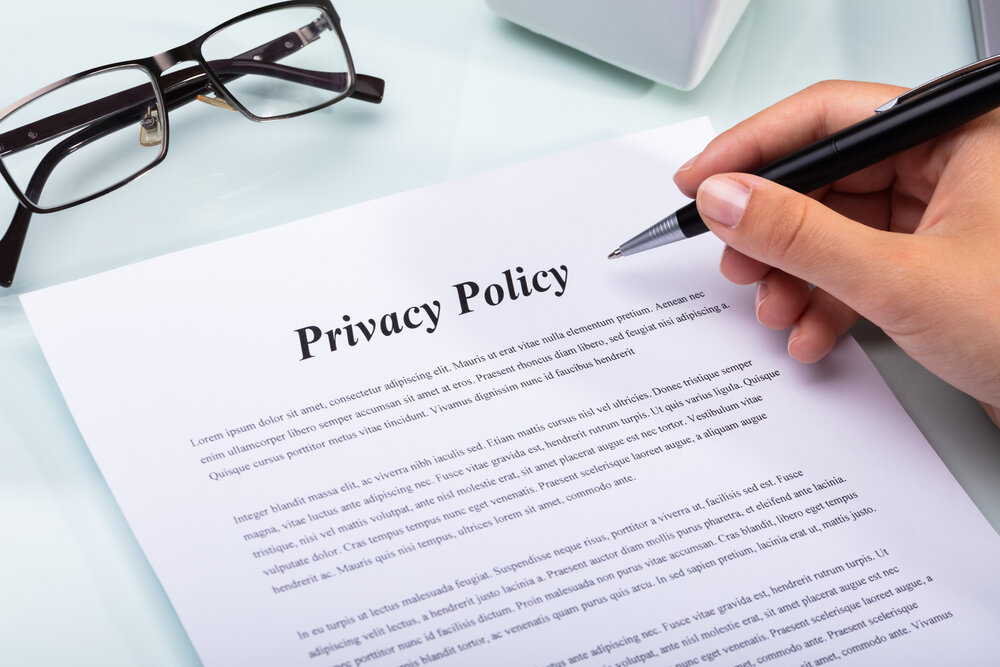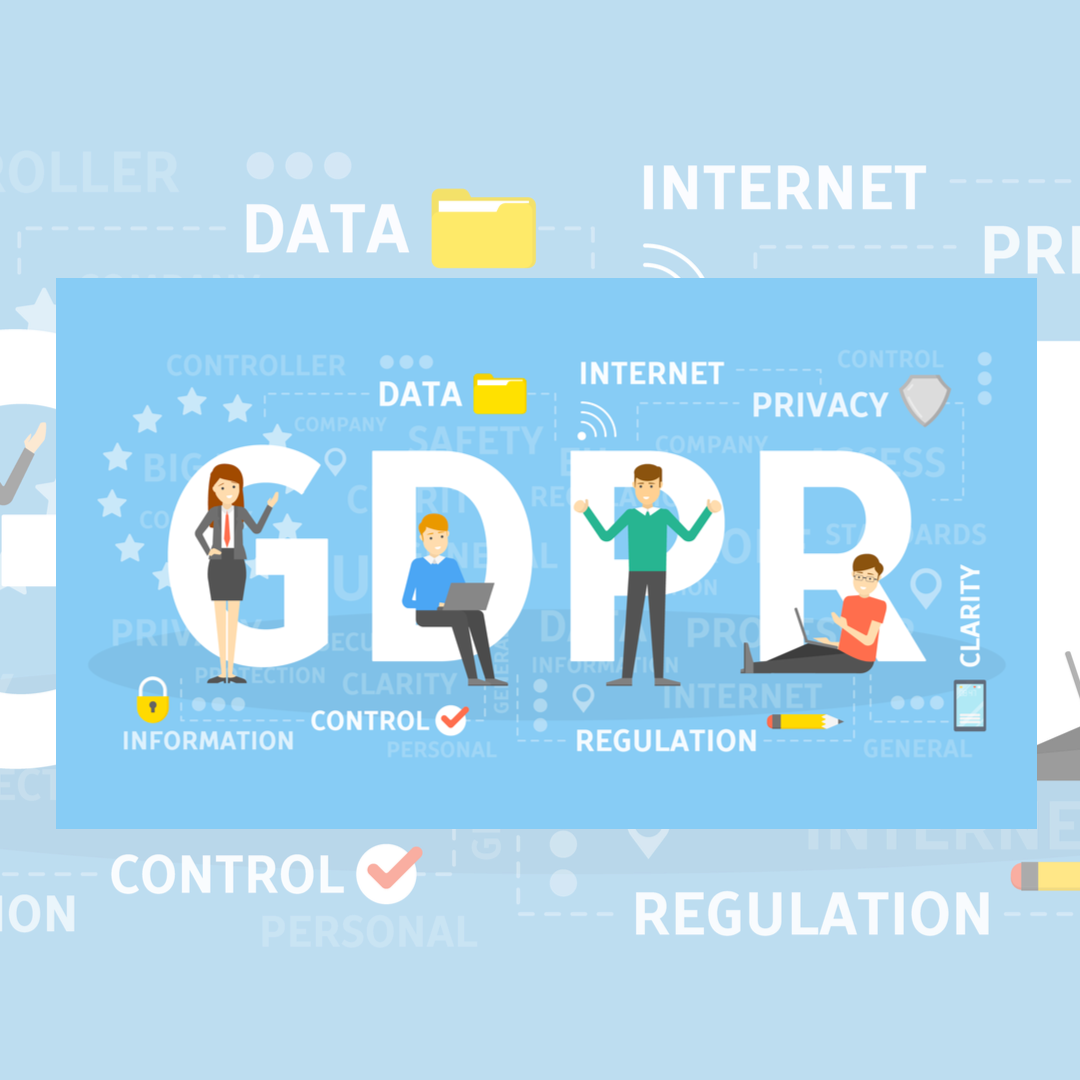Cybersecurity is a complex issue for startups, early-stage companies, & emerging companies. Financial resources need to be carefully apportioned and, for companies that don’t fall under the CCPA, GDPR or similar, cybersecurity spend might not be prioritized.
For many founders, cybersecurity looms as an issue for the future. Something to be dealt with once the company is more profitable, or once consumers start demanding it. But, there are increasingly strong arguments for building in a culture of cybersecurity from the outset.
The Importance of Cybersecurity for Startups
The importance of cybersecurity and privacy go beyond mere legal compliance. Your company’s reputation suffers if a privacy breach occurs, while ransomware (cyber attacks that encrypt your digital assets pending payment of a ransom) can cripple your company’s ability to continue operating.
Let’s take a look at these facets in more detail:
Legal Privacy Compliance for Early-Stage Companies
Your legal privacy obligations depend on a number of factors: your company’s location, the location of your customers, and the vendors you partner with. You need to be abreast of all privacy legislation in all of the jurisdictions that relate to your business, as well as more general legal causes of action, like negligence and breach of contract.
Compliance with the CCPA
Using the California Consumer Privacy Act of 2018 as an example, we see that any for-profit entity operating in California that also:
– has annual revenue of or in excess of $25 million;
– possesses personal data from more than 50,000 consumers, households, or devices; or
– earns more than 50% of its annual revenue by selling the personal data of consumers
must comply with the CCPA.
Since the legislation covers entities that sell goods or services to Californian residents, not just businesses registered in California, this means that companies outside of California also need to be aware of the local legislation.
The same goes with the GDPR in Europe and in an increasing number of jurisdictions around the globe.
Negligence suits stemming from cyber breaches
Law suits arising from negligence can arise even if your early-stage company isn’t required to comply with local privacy laws. This area of law is emerging and it is difficult for consumers to meet the legal criteria necessary to ‘win’ these suits. But, it’s not impossible and many courts do seem to be more receptive to these types of claims today than they have been in the past.
You can read more about mitigating your losses following a breach here.

A Culture of Cybersecurity is Beneficial for Early-Stage Companies
Embedding a culture of cybersecurity and concern for privacy is beneficial from various angles.
Evidently, prioritizing digital security may limit the potential for cyber breaches (which, in turn, limits your risk of legal action). It may limit your liability in negligence and for breach of contract too.
But there are other, more positive takeaways for startups adopting a cyber conscious culture from the outset:
Improved Reputation
Just as a breach can damage your reputation, holding yourself as a company that truly values consumer privacy can set you apart from your competitors.
Of course, you need to be forthcoming with the data you collect, how you store it, and what else happens with it during its life cycle. Collecting only the information you need and implementing robust measures to keep that data safe is a good starting place for cost-conscious startups.
Increased investor interest
Investors are becoming wiser about the risks associated with cyber vulnerabilities. By embedding cyber safety into your company culture and decision making, your startup may appear more attractive to cyber conscious investors.
A better-equipped team
Your team are your company’s biggest cyber vulnerability. Companies with robust training, sound internal policies, and cyber safety champions, alongside solid IT infrastructure, are better equipped to protect IP and consumer data.
Measures Startups Can Take Today to Improve Cybersecurity
Cybersecurity measures implemented by startups need not (necessarily) be expensive or expansive. If you work to develop a culture of cyber safety, your spend on infrastructure and software can be proportional to the type and volume of consumer data you hold and the value of your company’s IP.
It’s important that you work with experts from various fields (including IT experts and legal privacy experts) to build a cyber safety framework that works for your company. But, these are some measures you can take today to ramp up cybersecurity in your company:
– Assess your vendors.
Audit the third-party vendors you already use, and prioritize vendors with sound cybersecurity policies in future decision making.
– Train your staff.
You can use free online resources to educate yourself, and encourage/require your team to do the same or you can employ a professional to assist.
– Write cybersecurity into your employee contracts.
You can require employees to use security-enhanced measures, like two-factor authentication, password software, or work-only devices, as part of their employment contract.
– Create a contingency plan and build out an action plan for the event of a breach.
Your response to a cyber breach is crucial. Be sure to have processes in place BEFORE a breach occurs, and routinely test your response.
CGL Provides Legal Privacy Oversight to Startups & Early-Stage Companies
If you need assistance with your company’s privacy policies, don’t hesitate to reach out. We’re innovators too – so we’d love to be involved.
Disclaimer
The materials available at this website are for informational purposes only and not for the purpose of providing legal advice. You should contact your attorney to obtain advice with respect to any particular issue or problem. Use of and access to this website or any of the e-mail links contained within the site do not create an attorney-client relationship between CGL and the user or browser. The opinions expressed at or through this site are the opinions of the individual author and may not reflect the opinions of the firm or any individual attorney.


